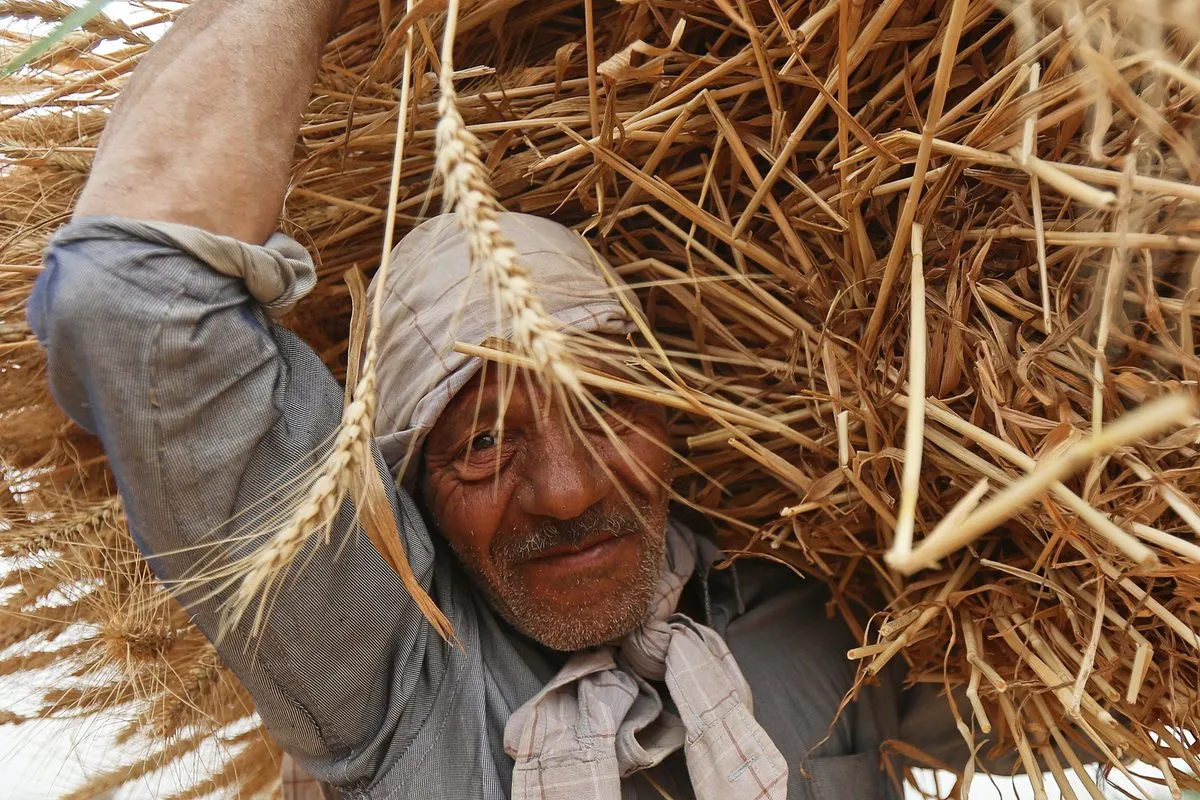
Despite the absence of the Egyptian president, El-Sisi, from the United Nations General Assembly meeting (UNGA) for the second year in a row, the Egyptian state had a strong presence in New York City last week. The Egyptian delegation discussed pressing issues on the regional and world stages and offered practical solutions for global crises, wherein Egypt can play a central role.
The Egyptian Minister of Foreign Affairs, Sameh Shoukry, proposed to the UNGA attendees, among other issues, the potential of Egypt to establish a center for international storage and trading of grain. In his speech before the UNGA’s 77th meeting in late September, Shoukry reiterated Egypt’s call for designing a comprehensive and complementary strategy to address the global food crisis and its dire consequences on developing countries, especially after witnessing the consequences of the Russian invasion of Ukraine on the global food security.
“We need to develop farming and food systems to meet the urgency of food importing in developing countries. We have to ensure the transfer of agricultural technologies to support the early warning systems related to food insecurity,” Shoukry told world leaders.
“It is also important to develop a stable international mechanism for grain storage and trading. In this context, Egypt, thanks to its unique geographical location, is ready to act as an international hub for the supplying, storage, and trading of grain;” Shoukry suggested, adding that “This shall effectively contribute to guaranteeing international food security.”
If accomplished, the global hub for grain storage and trading could turn Egypt into the new world center of food and energy supplies. Egypt has already experienced relative success, during the past few years, in becoming a regional hub for liquified natural gas. The global energy crisis resulting from the war in Ukraine has enhanced Egypt’s role as a center for gas production and exportation to Europe and other geographies. A few days ago, the Egyptian Minister of Finance said that Egypt’s revenues from natural gas exports have increased to 500 million dollars per month due to the increase in demand.
However, the Egyptian proposal to act as a hub for grain trading seems too ambitious, at the moment, given Egypt’s limited technical and logistical capacities regarding preserving agricultural products. Egypt has an advantageous geographic location between three continents and the perfect weather to store grain. But these natural factors are not enough. Major structural and policy reforms in the agricultural sector should be applied to prepare Egypt for becoming a hub for world grain trading. In addition, several changes in Egypt’s regional policy, especially in the Mediterranean, should change for such a project to succeed.
Until recently, about 15% of the annual local harvest of wheat, which is mainly used for making subsidized bread, used to be wasted because of inappropriate storage conditions. Egypt barely had only nine silos nationwide to store the harvested and imported wheat and other grain products. Yet, in 2016, the Egyptian president assigned the Egyptian Holding Company for Silos and Storage to work on a national project to build 50 new silos in 17 governorates. The project has, so far, completed building 33 new silos in 2021.
If Egypt wants to act as a hub for the grain trade, it has to, at least, double the number of silos it currently owns. It is also important for the Egyptian government to invest in integrating advanced technologies into its agriculture and harvest preservation systems, to assure global suppliers that their harvest will be appropriately preserved inside Egypt. That is plenty of work that will take a lot of effort and funding to be accomplished, but it is definitely worth the sweat.
Also, read on Sada Elbalad
